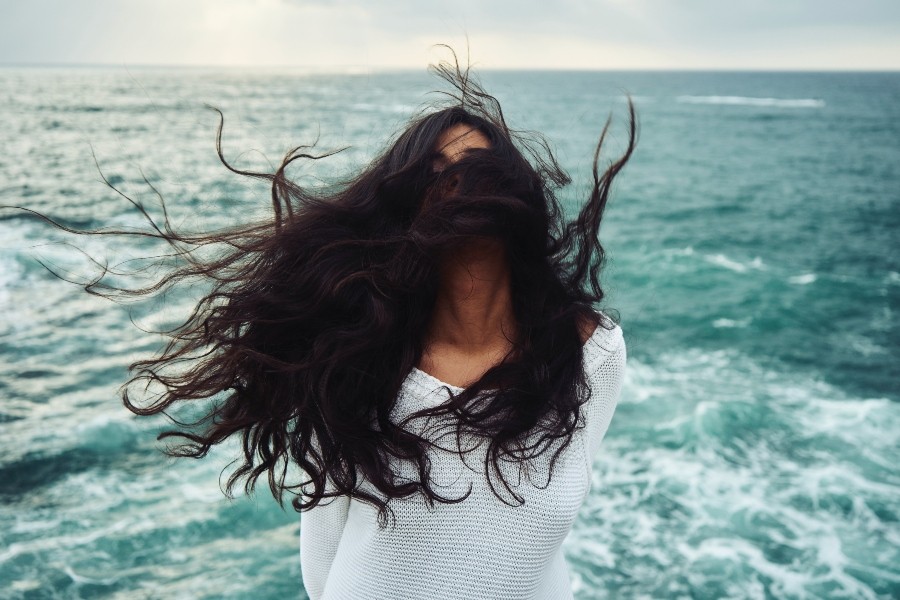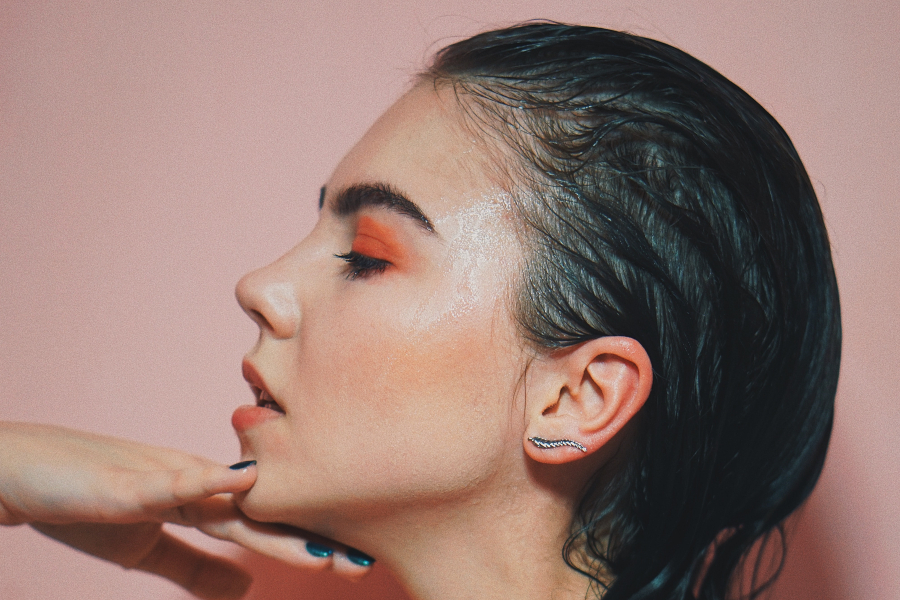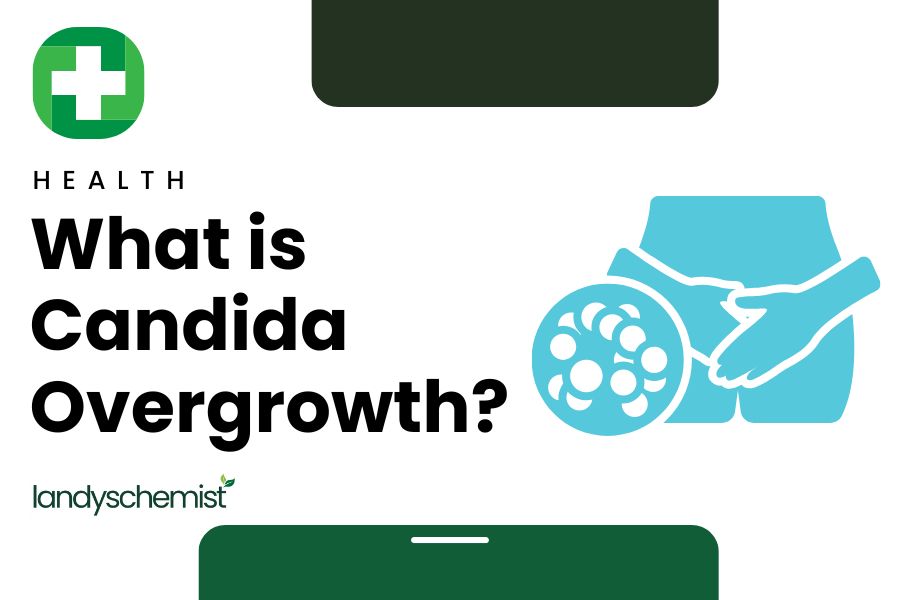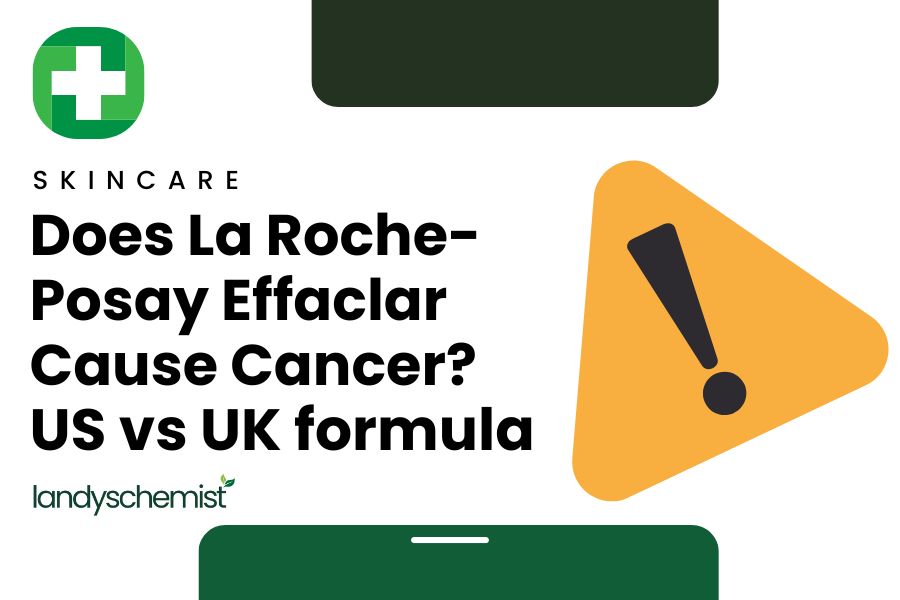
How To Repair Damaged Hair
By Neesha Desai, Pharmacist
Are you struggling to figure out what to do about your damaged hair? You're not alone. Damaged hair is remarkably commonplace, which means there are a number of treatments that can be used to get back your glossy, vibrant, full and fabulous hair. To help you get started we look at what causes damaged hair and the treatment options available based on why your hair is damaged.
What Causes Damaged Hair?
There are lots of reasons why you may have damaged hair. What’s more, thick hair is naturally quite delicate, compared to thin hair, and needs plenty of care to stay healthy and strong, even if it isn’t damaged. Since many hair treatments aim to remedy specific causes of damaged hair, we'll start by looking at the most common ways your hair gets damaged.
Combing/Back-Combing
Hard combing or using back-combing to style your hair can be really damaging, particularly if you already have dry or brittle hair. Combing can cause hair tearing, cuticle damage and traction alopecia.
It should be noted that traction alopecia can sometimes be remedied, initially by no longer wearing the hairstyle causing the issue, but will in many cases require medical treatment. You should speak to your GP or a hair specialist if you are experiencing traction alopecia as common damaged hair treatments may not be the answer.
Salt/Chlorine Water
If you are swimming regularly in the sea or in a pool then you are at risk of damaging your hair through simply being in the water. Salt water stays in your hair which then forms salt crystals. These remove moisture from strands of hair making them brittle and dry and easier to damage. Chlorinated water is necessary to keep pools clean, however it strips the natural oils from your hair (and skin) making it rough and dry and more prone to being damaged.
UV Light
The sun is the biggest source of UV light that you are typically going to come into contact with – and your hair especially. While UV light is important for our health as it helps our bodies to make vitamin D, too much can dry out your hair, breaking down the hair bonds and causing damaged hair.
You should be wary of how UV light is affecting your hair if you are spending a lot of time in the sun, particularly during summer months, or if you use tanning beds or are undergoing phototherapy – both of which emit UV light.
Hair Curlers & Hair Straighteners
Applied heat from curlers and straighteners is an effective way of styling your hair. It's also a surefire way of damaging your hair as it will dry your hair out – this is worse if your hair is already coarse or dry.
If you are frequently using heat to style your hair then you are running the risk of damaging your hair. This can be mediated by the use of creams and serums designed to protect hair during these processes but they aren't 100% effective at stopping hair damage.
Nutritional Health
Your hair, like your skin and your internal systems, is the result of lots of different nutrients. Your hair needs certain ones to grow and maintain strong, healthy hair and if you don't have those nutrients then you'll end up with damaged hair.
How To Repair Damaged Hair
To repair your damaged hair, we suggest following these selected treatment tips.
- Get a haircut – If you have split ends, a sign of hair damage, then you'll want to get a haircut to trim off those damaged hair strands.
- Style (more) carefully – Take your time to style your hair to avoid damage while combing or brushing. Also avoid tight buns or pulled ponytails, i.e. any style that requires a lot of tension in your hair.
- Avoid heat – Stopping or minimising your use of hair curlers and hair straighteners will ensure your hair doesn’t dry out and become damaged. If you really want to use heat styling, always use a protective serum.
- Wash your hair less – You should only be washing your hair once a week, at most. Over washing, especially if you live in a hard water area, removes natural oils that protect your hair from damage.
- Only use sulfate and paraben-free shampoos –Both of these ingredients are commonly used in shampoos (and body washes) but they will damage your hair and your scalp.
- Use a hair mask – Hair masks help to re-moisturise and nourish your hair with the nutrients your hair needs to repair damage. Applying topically will immediately improve hair health.
- Have a healthy balanced diet.
Treatments For Split Ends
If your current hair issue is with split ends then your first step should be a trim to remove them. Then you can use a nourishing hair treatment that applies nutrients directly into your hair.
Landys recommends:
Treatments For Frizzy, Brittle & Dry Hair
For those who have naturally frizzy hair, or hair that tends to be dry or is brittle, you should certainly avoid washing your hair too often – otherwise you'll only damage your hair more. You should also beware of cold weather. Cold weather will dry out your hair more and if you go outside with wet hair it will become brittle and can break.
For frizzy, brittle and dry hair, Landys recommends:
Best Hair Masks
There are a lot of hair masks on the market right now. Landys recommends:
Nutrients For Healthy Hair
Getting enough vital nutrients is key to healthy hair. If you’re not getting the right vitamins, minerals and other nutrients you need to maintain healthy hair, then you might consider using supplements to ensure that you do.
The most important nutrients for healthy hair, and our recommended supplements, are:
- B Vitamins – Viridian Balanced Amino Acid Complex Veg Caps 90
- Vitamin E – Lamberts Vitamin E 250iu Caps 100
- Zinc – Solgar Zinc 50mg Tablets 100
Disclaimer
The products offered are not intended to diagnose, treat, cure, or prevent any illness or disease, or to replace the advice of a medical professional. Results are not guaranteed and may vary from individual to individual.




